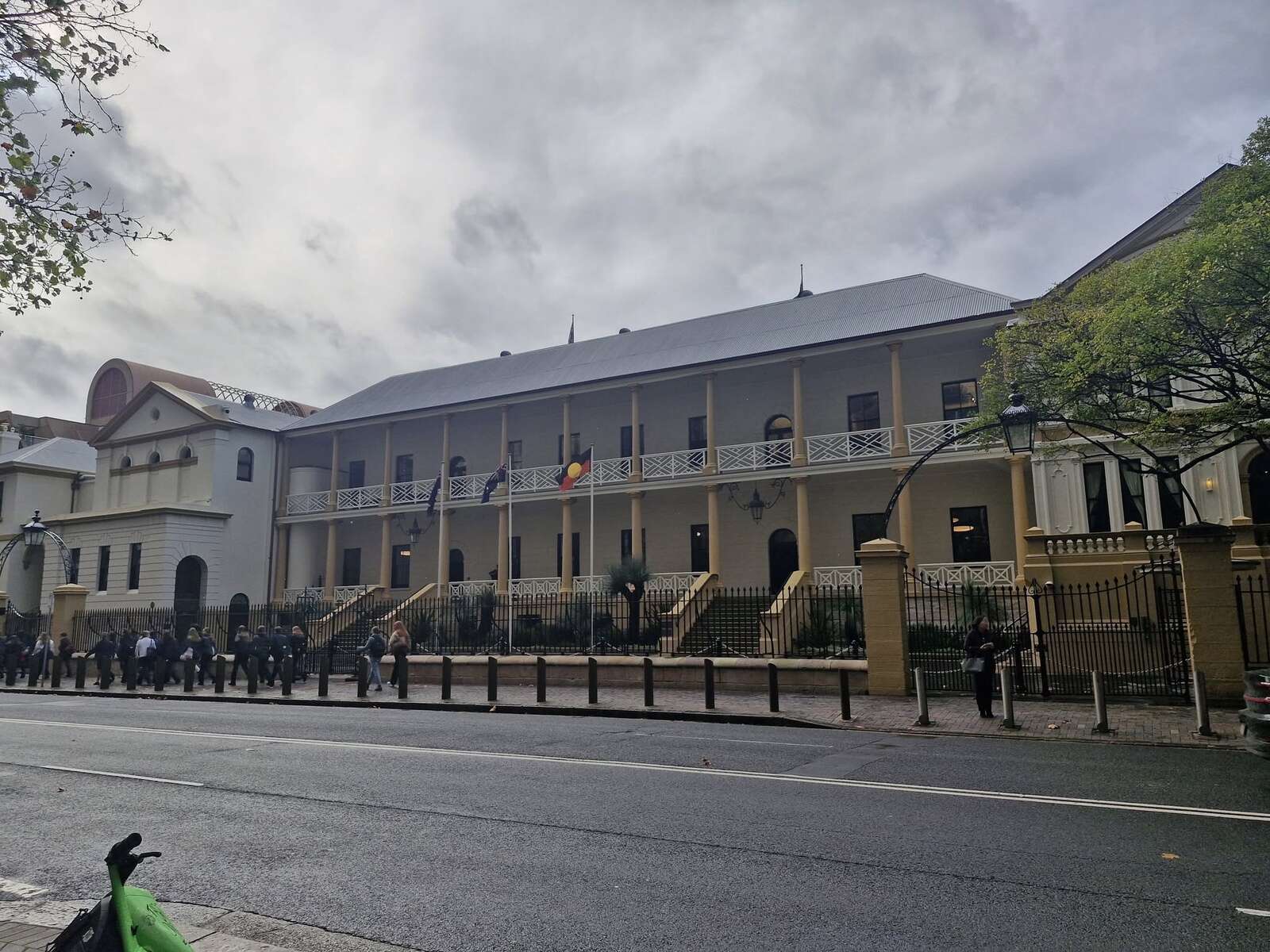Hunting for Answers: The NSW Standing Committee’s Report on the Conservation Hunting Bill

Hello and welcome to the Australian Deer Association
Do you want to get the last Australian Deer news, events, updates & competitions directly to your inbox?
Enter your name & email below and we'll make sure you're the first to know!
No thanks
No thanks and don't show again for 7 days!



